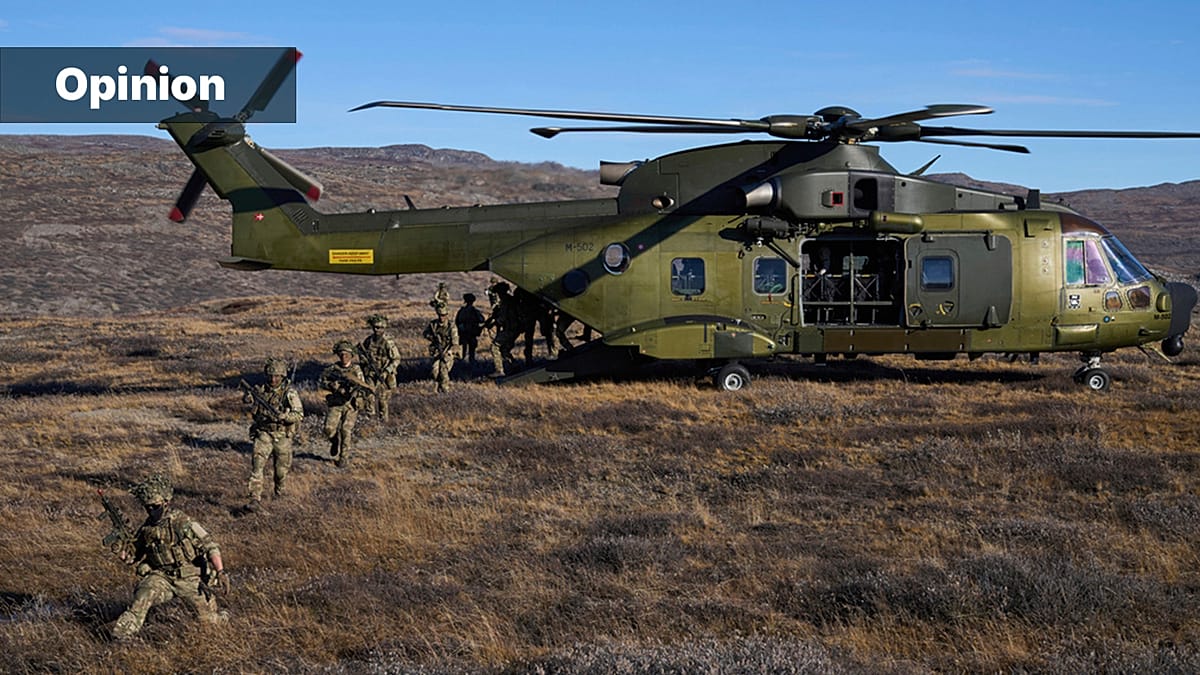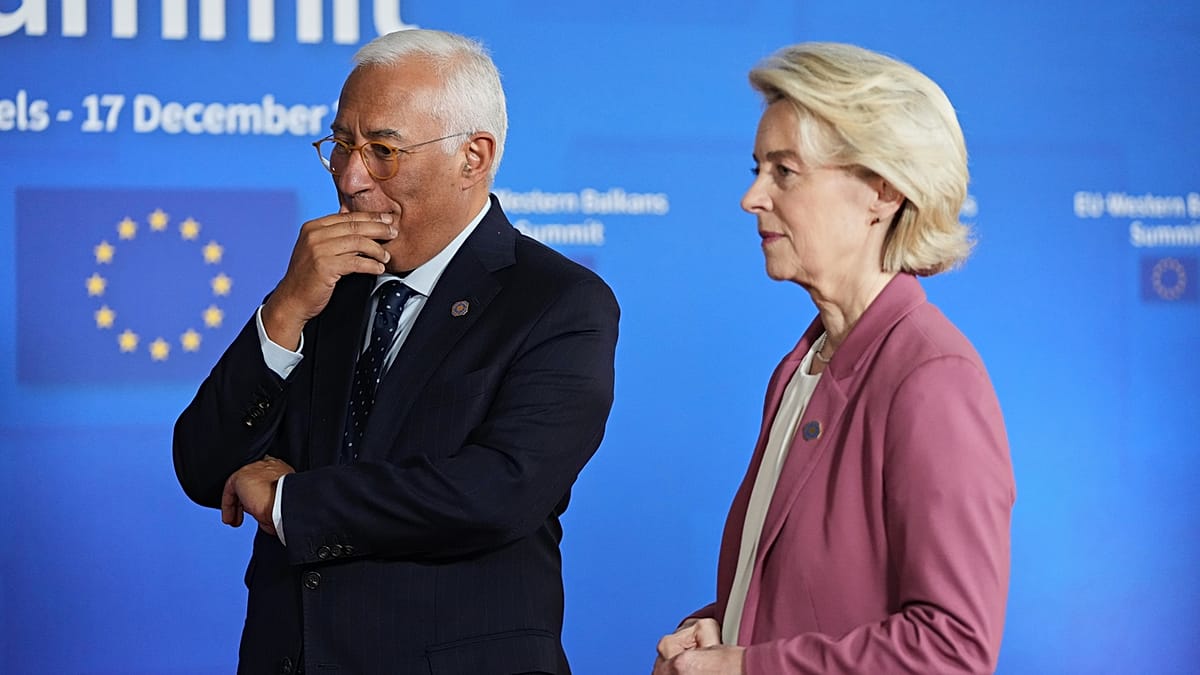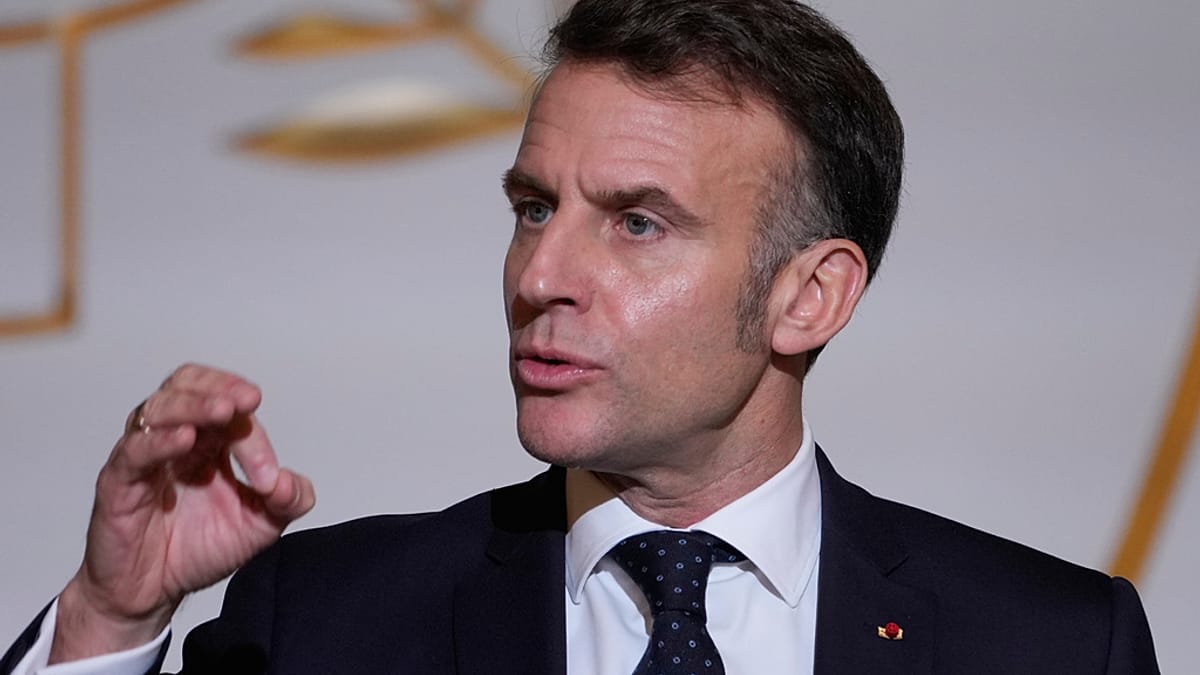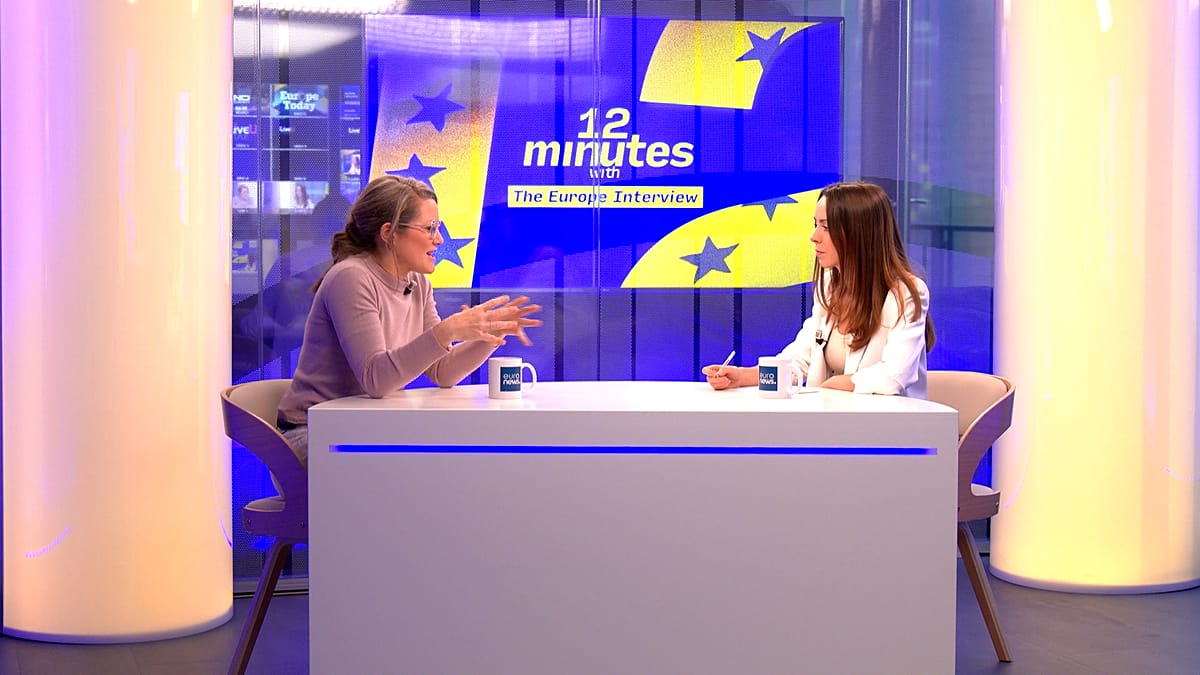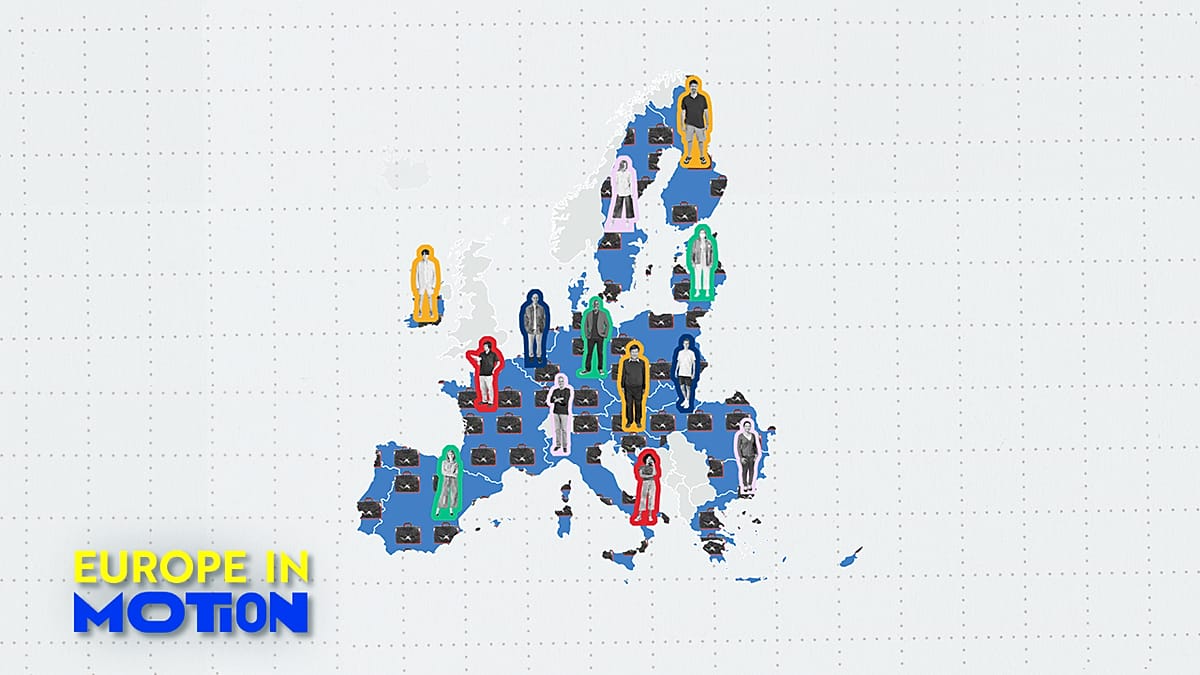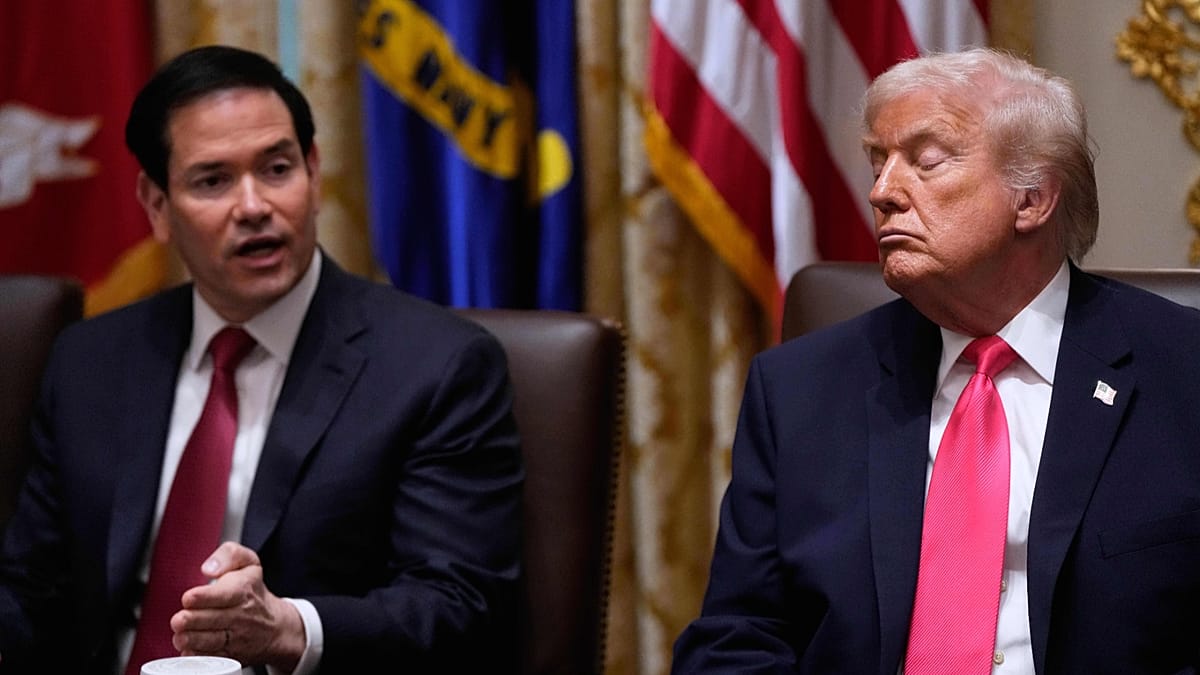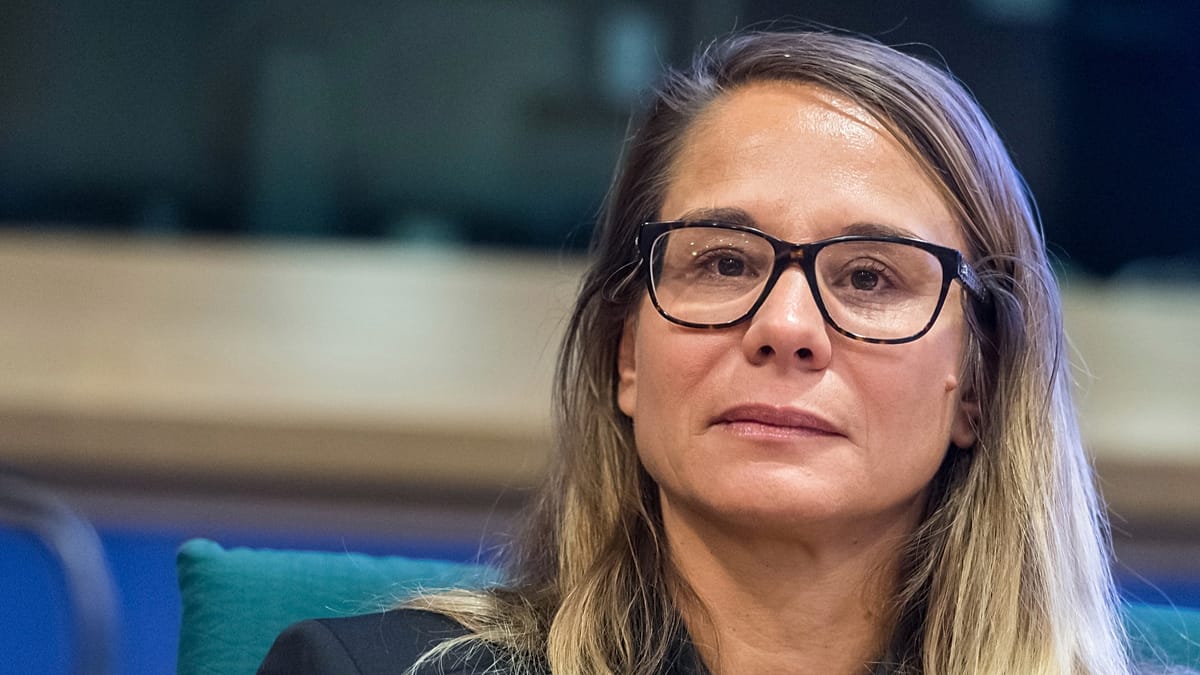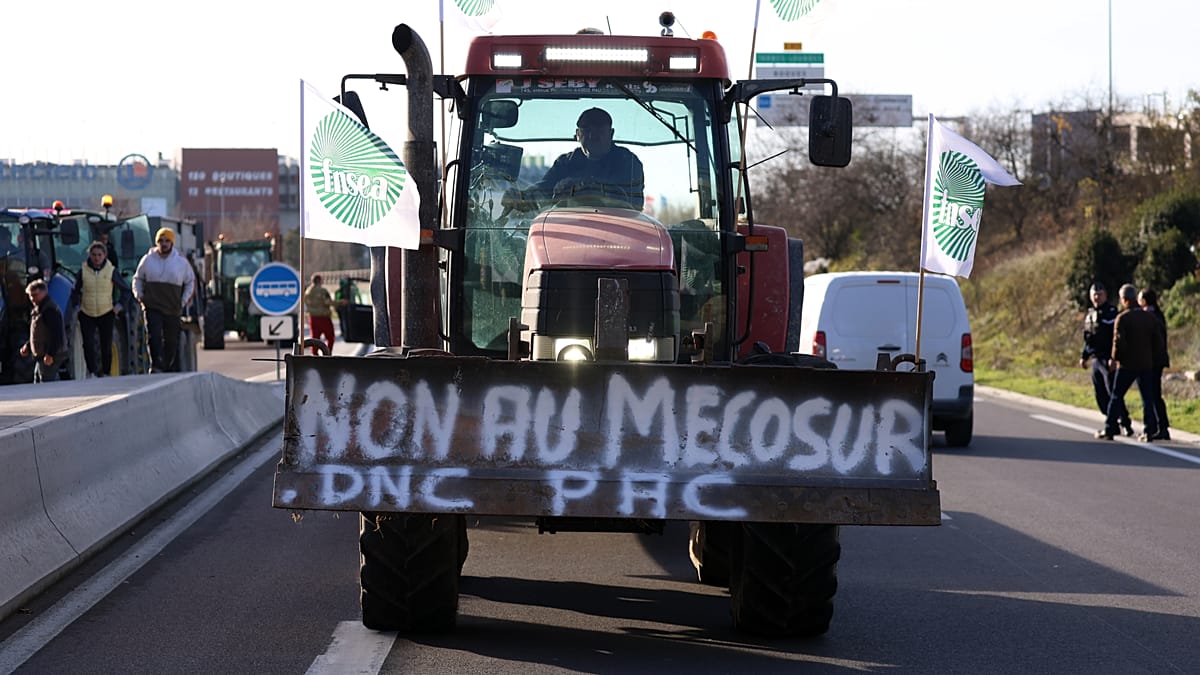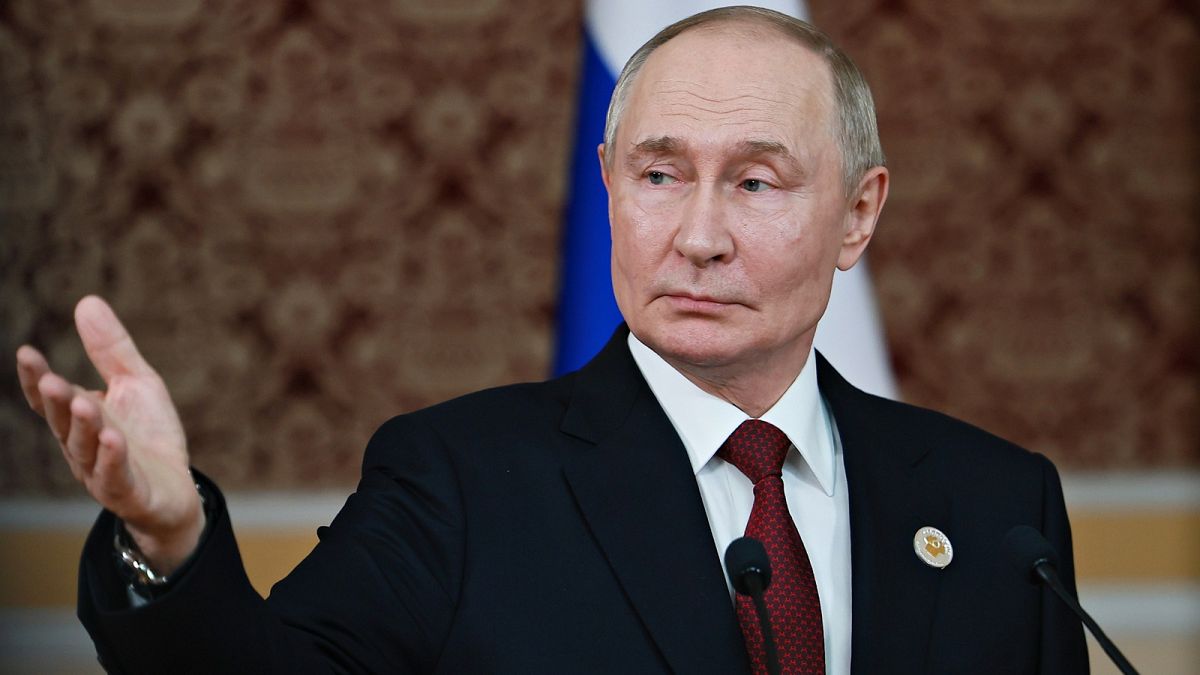
ADVERTISEMENT
Vladimir Putin is coming to Budapest. At least, that is what the invitation says.
After a lengthy phone call with Donald Trump on Thursday, the leaders of the United States and Russia tentatively agreed to meet in the EU and NATO capital sometime in the near future to discuss a possible end to the full-scale invasion of Ukraine.
Whether that tête-à-tête happens is still unclear, but the news itself sent shockwaves across capitals, as the trip could mark Putin’s first intrusion into the European Union’s territory since early 2020 and further undercut the Western effort to isolate him.
But beyond the geopolitics driving the initiative, and the complex logistics that go into setting up a summit of this magnitude and consequence, one basic question emerges: Can Putin actually enter the European Union?
There are at least two different dimensions to consider.
The EU sanctions
Immediately after Russian troops broke through Ukraine’s borders and marched to Kyiv, the EU rushed to apply a variety of sanctions to weaken the Kremlin’s war machine.
Among the plethora of decisions, member states sanctioned hundreds of high-level Russian officials responsible for planning and overseeing the invasion. The blacklist entailed a prohibition on travel to the bloc and the freezing of personal assets.
Putin and his foreign minister, Sergei Lavrov, were also targeted, but with a caveat: only their assets were frozen, a symbolic measure given the obscurity around Putin’s wealth. A travel ban was not introduced to maintain a minimum of diplomatic contacts.
According to then-High Representative Josep Borrell, Putin was the third world leader to be personally sanctioned by the bloc, following Belarusian President Alexander Lukashenko and then-Syrian President Bashar al-Assad.
This means that, on that front, Putin would be allowed to land in Hungary.
However, there is an additional obstacle: the EU has effectively closed its airspace to Russian planes as part of its sweeping sanctions regime.
According to the European Union Aviation Safety Agency (EASA), the flight prohibition applies to aircraft operated by a Russian air carrier, registered in Russia and owned or chartered by any Russian person or entity, as well as to “non-scheduled” flights that can transport Russian citizens to business meetings or holiday destinations in the EU.
There are several exceptions to the rules, such as emergency landings or humanitarian purposes. Additionally, member states may grant case-by-case derogations.
Last year, Sergei Lavrov travelled to Malta for a meeting of the Organisation for Security and Cooperation in Europe (OSCE) that proved highly controversial. The minister was forced to undertake a seven-hour detour to avoid European airspace until he arrived on the island, which permitted him to land due to diplomatic reasons.
By contrast, his spokesperson, Maria Zakharova, who is under a travel ban and an asset freeze, was denied an exemption after several capitals raised objections.
Putin could have two options: either he embarks on a long-winded detour to enter Hungary through the EU candidates in the Western Balkans, or he secures derogations from the EU members along the shorter route: Poland, which could prove tricky, and Slovakia, which would likely be easy.
Another option could entail flying through the Black Sea and Romania, a staunch ally of Kyiv that hosts a multinational NATO contingent.
The European Commission, which oversees the implementation of sanctions, has welcomed “any steps that lead to a just and lasting peace for Ukraine” while refraining from committing to facilitating the prospective summit.
It remains to be seen what levers Trump will exert to ensure the meeting goes ahead and whether this aspect had already been settled when the Budapest option was discussed between the American and Russian presidents.
Putin stepping on European soil again will, by itself, score a victory for the Russian leader after years of isolation and mark a daunting moment for the bloc as its leaders watch on as the Russian and American presidents meet in an EU member that has consistently tried to derail collective support for Ukraine.
But refusing Putin’s travel to Budapest risks being exploited by the Kremlin to underline its narrative that it is the EU itself that seeks confrontation with Russia instead of peace. Kyiv’s position on the summit may help influence the resolution of this controversy.
The ICC arrest warrant
Besides EU sanctions, which are directly enforceable, Putin is under an arrest warrant by the International Criminal Court (ICC), based in The Hague.
Putin and Maria Alekseyevna Lvova-Belova, Children’s Rights Commissioner, are accused of being responsible for the deportation and transfer of tens of thousands of Ukrainian children from occupied areas to Russia, which constitutes a war crime.
Neither Russia nor the US is a party to the ICC and therefore does not recognise its jurisdiction. (The Kremlin has issued a warrant for the court’s general prosecutor.)
Meanwhile, all EU countries have signed up to the Rome Statute and are, by default, expected to aid in its global fight against impunity.
Earlier this year, Hungary became the first member of the bloc to announce its intention to withdraw from the court in response to the arrest warrant placed on Israeli Prime Minister Benjamin Netanyahu, which Hungary, like the US, had contested.
The decision was made public shortly after Hungarian Prime Minister Viktor Orbán received Netanyahu in Budapest and openly flouted the obligation to detain him.
But Hungary’s withdrawal will not take effect until June 2026, one year after it filed the notification. In the interim period, the country remains bound by the tribunal.
“A withdrawal does not impact ongoing proceedings or any matter which was already under consideration by the Court prior to the date on which the withdrawal became effective,” an ICC spokesperson told Euronews.
“When states have concerns in cooperating with the Court, they may consult the Court in a timely and efficient manner. However, it is not for states to unilaterally determine the soundness of the Court’s legal decisions.”
Critically, the ICC lacks the means to enforce its warrants: it relies exclusively on the goodwill of individual governments. Last year, Mongolia, a party to the ICC, faced European recriminations after it hosted Putin for a state visit without any consequences.
A similar scenario unfolded when Orbán welcomed Netanyahu in April.
“If Putin lands (in Budapest), the arrest should be the logical consequence,” said a senior EU diplomat, speaking on condition of anonymity.
“Nobody will be surprised if the Hungarians don’t arrest Putin. It’s not the first time that Hungary violates its (ICC) obligations. So yes, it’s problematic.”
The ICC often runs into the obstacle of diplomatic immunity.
On the one hand, Article 27 of the Rome Statute says the rules apply to all persons “without any distinction based on official capacity”, including heads of state and government. On the other hand, Article 98 says that countries “may not proceed” with a warrant if it breaches their obligation to respect the immunity of a non-party state.
“If a country’s domestic laws say that they cannot arrest a head of state, that a head of state has immunity, then arguably that applies,” Mahmoud Abuwasel, Vice-President of the Hague Institute for International Justice, told Euronews in April.
“However, it’s not up to that particular state to make that determination on its own. It has to consult with the ICC (and) the ICC may find that immunity does not apply for whatever reason.”
France, while defending the tribunal, said it cannot arrest Netanyahu because Israel has never signed up to the Rome Statute. Hungary could now invoke a similar argument. In fact, the country has already promised safe passage for Putin.

